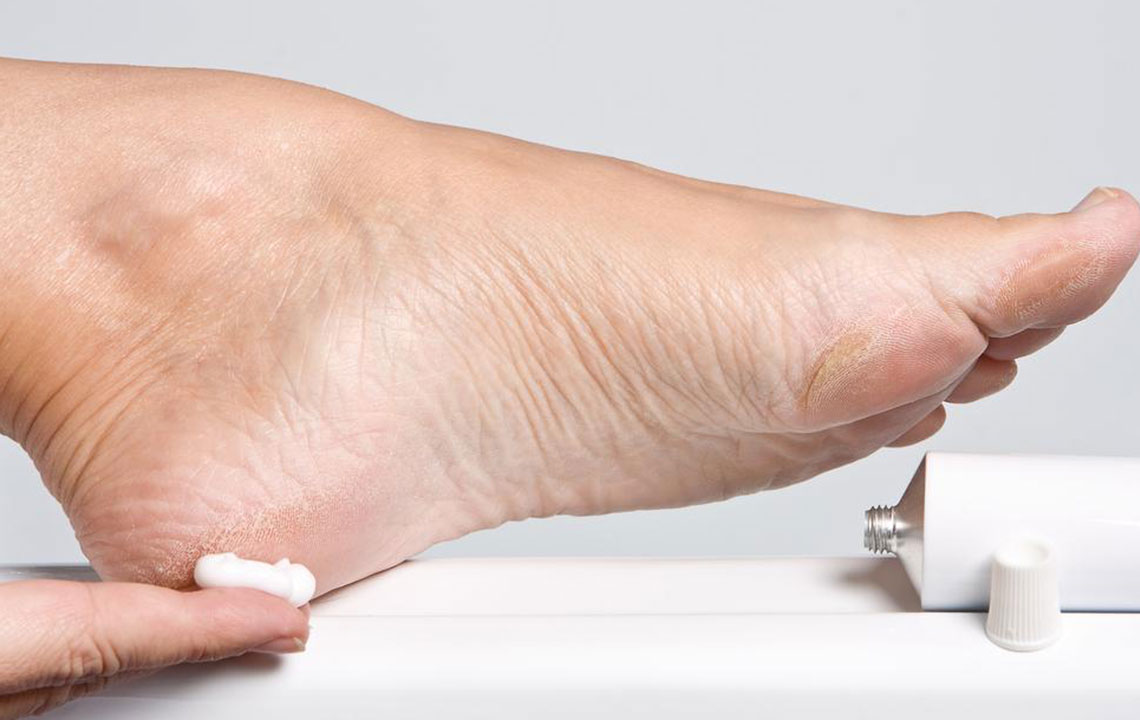4 Imperative Factors For Effective Foot Pain Treatment
4 imperative factors for effective foot pain treatment
Feet are an important part of the body and the thought of functioning without them can be extremely disturbing. The feet bear the weight of the body while helping one reach places. The constant pressure applied to the feet makes foot pain a common phenomenon. Most importantly, this body part is made up of a network of muscles, ligaments, and muscles further increasing the risk and complexity of damage.

The pain in the feet can range from mild to severe, and can prevail for short periods of time or can become an ongoing issue. The cause of discomfort due to foot pain can be owing to lifestyle choices or an underlying medical condition. Factors such as wearing shoes that don’t fit well or applying too much pressure on one foot can lead to pain. In major conditions, the cause may be a fracture, nerve damage, or hardened arteries in the foot. It is essential to be vigilant about the symptoms being exhibited and undertake appropriate foot pain treatment.
When should one seek treatment for foot pain?
Foot pain does not always indicate a serious condition. However, in some instances, it may be essential to seek treatment for the pain in the feet, and these include:
- The pain interferes with one’s daily activities. If the normal chores cannot be performed with ease, it is time to seek medical help.
- There is a loss of sensation, change in appearance or deformation of the foot, immense pain with swelling, change in skin color, and/or numbness or tenderness in the heel.
- No improvement or elevation in pain despite performing several home remedies.
- One must avoid ignoring foot pain and essentially seek diagnosis and treatment at the earliest. Not doing so can cause unnecessary complications or the worsening of the pain in the foot.
How is foot pain diagnosed?
The condition must be diagnosed effectively before the foot pain treatment can be undertaken. Evaluation and proper diagnosis will aid in creating the right treatment plan. The orthopedic doctor will begin diagnosis through:
- Physical and visual examination of the foot when at rest. The patient’s weight and no-weight bearing movement will be tested.
- The arch of the foot will be closely inspected to look for any deformities or difference in the appearance.
- Foot nerves will be tested to rule out any injury to the same.
- Blood test to check for arthritis or diabetes could be carried out.
- An MRI or an X-ray scan may be ordered to rule out possibilities of issues with the bones, ligaments, or soft tissues.
What are the methods used for foot pain treatment?
The treatment for foot pain is directed toward the specific cause of the pain. A course of rehabilitative actions will be undertaken, and these include:
- Use of LED light therapy, ultrasound, or manual therapies to increase blood circulation in the area of the pain and reduce the inflammation.
- Muscles strengthening through regular exercising to increase the stability of the foot and correct abnormalities of the muscles.
- Corrective measures using support shoes, additional sole support, or over-the-counter orthotics for added foot support and energy absorption.
- Medication administration for reduction of inflammation in the foot and alleviation of pain.
- In extreme cases, the orthopedic doctor may recommend a surgery.
How can one prevent foot pain?
While the prevention of foot pain may not seem possible, it can effectively be prevented through measures such as:
- Following an exercise routine and a healthy diet to maintain body weight. Also, performing exercises that aid in strengthening the feet. Participating in the right kind of sports with the right preparations is a great way to prevent foot pain. Remember, the right technique is not only essential but also crucial.
- Getting a regular physical examination that aids in evaluating the functions of the muscles and diagnosis of any possible disease or conditions that can affect the foot.
- Wearing proper fitting shoes as this deters the formation of ingrown nails, corns, stress fractures, and prevents blisters.
Tags – foot pain treatment




